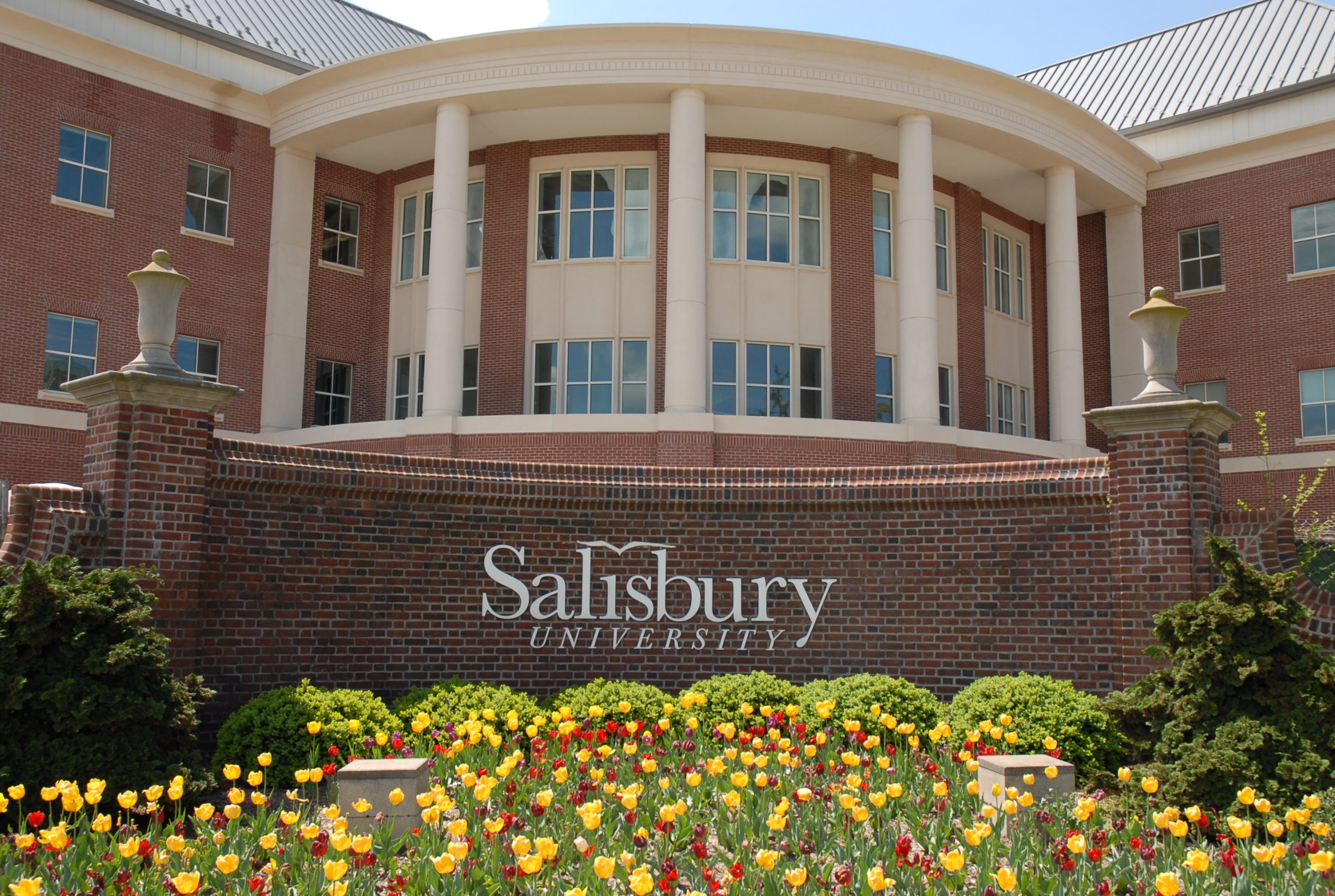College students nationwide are reporting increased instances of depression, anxiety, and related symptoms, particularly during the coronavirus pandemic.
A bill in the Maryland Legislature would create a task force to study the barriers this population faces when seeking mental healthcare.
College students are, under normal circumstances, at high risk of developing new and struggling with existing mental illness, according to the American Psychological Association.
“Late adolescence is a stage in life where a lot of mental illness presents; one in five youth have a diagnosable mental health disorder and suicide is the second leading cause of death for 10- to 24-year-olds,” said Dr. Sarah Edwards, director of the Division of Child and Adolescent Psychiatry and medical director of Child and Adolescent Psychiatry Services at the University of Maryland.
Preliminary research out of Texas A&M University shows the myriad emotions students are experiencing 11 months into the pandemic — fears about getting sick; isolation from family and friends; stress about the future — are only making mental health matters worse.
“Mental health issues are the leading impediment to academic success,” the researchers wrote, and stress over the virus has exacerbated an already-increasing trend in students seeking treatment for anxiety.
Pandemic-induced social isolation is responsible for much of students’ psychological turmoil, Edwards said. The primary developmental task of college-age students is to create and maintain close, intimate relationships, and the pandemic has all but prevented this.
“Having to be at home doing online learning really prevents that from happening,” Edwards said. “The pandemic is certainly taking its toll because of the chronic stress and isolation and disruption of routines.”
Del. Geraldine Valentino-Smith, D-Prince George’s, who is sponsoring the cross-filed HB 244, also observes these trends and thinks it is clear the COVID-19 pandemic is exacerbating existing issues.
The findings of a 2019 Joint Chairman’s Report on Mental Health, which Valentino-Smith said significantly influenced the bill’s creation, indicated many of the issues surrounding access on campuses are longstanding.
The report, which looked at data from the University System of Maryland, Morgan State University, and St. Mary’s College of Maryland, revealed the greatest challenges colleges and universities cite in the effort to provide mental healthcare are a lack of staffing and resources, and the inability to meet student needs and expectations.
Retaining qualified staff is a challenge in and of itself, the report said, due in part to heavy workloads. The report said the University of Maryland, College Park — the largest university next to University of Maryland Global Campus — employed 25.2 full-time mental health and counseling professionals to serve more than 40,000 students, a 1 to 1,587 student-to-staff ratio.
Sen. Adelaide Eckardt, R-Caroline, Dorchester, Talbot, and Wicomico, the lead sponsor of SB 161, previously worked in psychiatric nursing.
Her concern is both for students who are dealing with mental health issues for the first time as a result of COVID-19 and for those who have an underlying mental illness or substance abuse issue and struggle to obtain treatment.
“What we want to do is to get a good pulse on what our private and public schools of higher ed are already offering students, and then trying to see if that’s adequate, or if we need to do more,” Eckardt said.
The task force, which would go into effect June 1 and last for two years, will explore the ways in which the state’s community colleges, private and public institutions of higher education approach mental healthcare and what barriers to access present most often.
But, Valentino-Smith said, fulfilling these needs looks different on every campus, and the task force will be able to look for solutions for each institution.
Once completed, the mental health task force would offer suggestions for areas of improvement, including how to eliminate financial barriers, how to implement tools like telemedicine, and whether specialized forms of therapy should be offered to students.
The task force will cost $60,545 in its first year to assist the Maryland Higher Education Commission in hiring a full-time employee to staff the panel, according to a state legislative analysis.
Emma Content, a 2019 graduate of St. Mary’s College of Maryland, testified Jan. 20 on behalf of the bill and said it is a crucial step toward supporting students.
Content was diagnosed with major depressive disorder and panic disorder as a college student, and she attributed her withdrawal from the rural campus for a year to inaccessible mental healthcare.
For years, she told lawmakers, students at St. Mary’s have been clear that they need more mental health staff and resources, though she does recognize this issue is not unique to her alma mater.
Content said she hopes the task force examines all of these issues but thinks services for LGBTQ+ students, students of color, and first-generation students should receive extra focus, as these students may need more specialized care.
“If we fail to pass the task force we really miss the opportunity to start the robust discussion with a diverse group of experts that can help make recommendations for our future approach to these students,” Valentino-Smith said.

